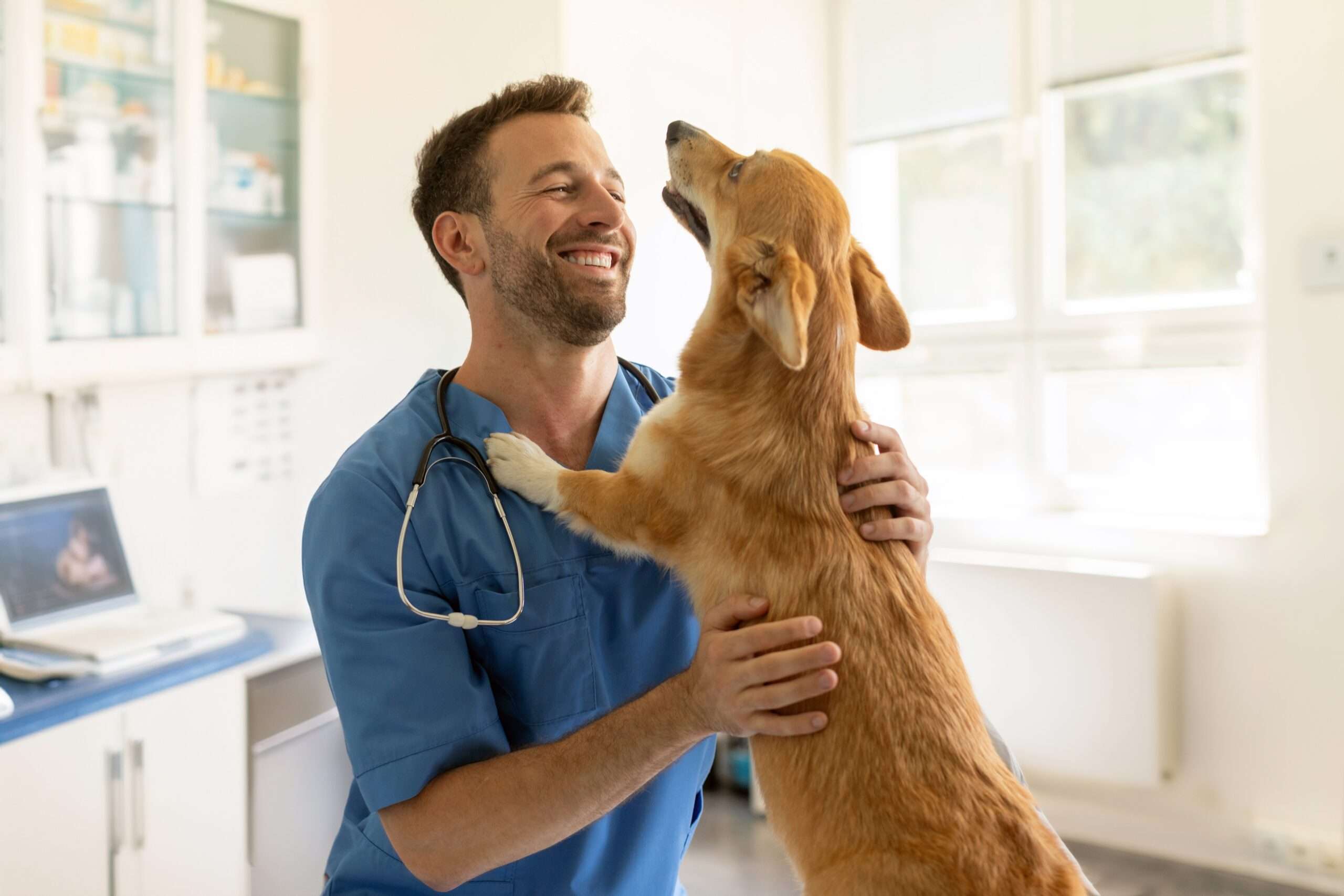Colorado May Expand Access to Veterinary Care Providers
Colorado’s Proposition 129 is on the verge of passing, currently enjoying substantial support with approximately 72 percent of votes counted. This proposition seeks to establish a new category of veterinary care providers known as veterinary professional associates (VPAs), a development that marks a significant expansion in the veterinary care landscape of the state. Historically, the provision of veterinary care in Colorado has been limited to licensed veterinarians and their specialized technicians. Upon adoption of Proposition 129, the Colorado State Board of Veterinary Medicine will be tasked with recognizing VPAs, defining the specific types of veterinary care they can perform, setting the necessary supervision levels, and identifying any additional qualifications required beyond a master’s degree in veterinary clinical care. The proposition allows VPAs to perform tasks aligned with their education and training, thereby enhancing their role within the veterinary field.
The need for Proposition 129 can partly be attributed to a looming shortfall in qualified veterinarians. Reports indicate that Colorado could face a shortage of up to 24,000 companion-animal veterinarians by 2030, a deficit that is likely to drive up pet healthcare costs by three to four percent in real terms over the next decade. Allowing for the inclusion of VPAs in the veterinary ecosystem is viewed as a straightforward solution to address this shortcoming. By broadening the range of professionals accessible to pet owners, the proposition aims to alleviate some of the strain on existing veterinary services, ultimately benefiting consumers through increased competition in the marketplace.
Opposition to Proposition 129 presents a multifaceted argument that raises concerns over the potential risks and implications of creating a new class of veterinary healthcare providers. Critics, including the Colorado General Assembly, outline three primary worries: the vague nature of the education and training requirements mandated by the proposition, the absence of current academic programs for VPAs in Colorado, and the fear that introducing an untested profession could pose increased risks to animal welfare. However, proponents argue that the vagueness of the requirements may actually facilitate a greater number of practitioners entering the field, as it avoids the pitfalls of a rigid certification process that could stifle the profession’s growth.
Addressing the concern about academic training, it is noteworthy that the Colorado State University College of Veterinary Medicine and Biomedical Sciences is in the process of designing a master’s degree program specifically for VPAs. Expected to enroll its first cohort in fall 2025, this program aims to equip graduates with the skills to diagnose common medical issues, perform routine surgical procedures, and manage tests, effectively addressing the educational gap in the state. Additionally, it is possible for prospective VPAs to pursue educational opportunities at institutions outside Colorado, such as the Lincoln Memorial University College of Veterinary Medicine in Tennessee, which already offers relevant degree programs.
Another layer to this discussion involves the parallel drawn between the roles of VPAs in veterinary care and those of physician assistants or nurse practitioners in human healthcare. Just as these non-M.D. professionals play a critical role in the healthcare system by assisting licensed physicians, it is posited that VPAs can similarly complement veterinary services. This model has already shown promise in human medicine, demonstrating that specialized non-physician practitioners can deliver high-quality care while alleviating the burden on physicians.
The American Veterinary Medical Association’s opposition to the credentialing of veterinary professional associates raises additional questions about the motivations behind such resistance. Critics suggest that their apprehension stems more from concerns about maintaining control over veterinary practices—often interpreted as rent-seeking behavior—rather than genuine anxiety regarding animal welfare. Ultimately, supporters of Proposition 129 argue that the introduction of VPAs has the potential to significantly enhance access to veterinary care in Colorado. By closing existing gaps in the availability of care, lowering costs, and improving the overall quality and timeliness of treatment, Proposition 129 could fundamentally reshape the landscape of veterinary services in the state for the better.
Share this content:












Post Comment